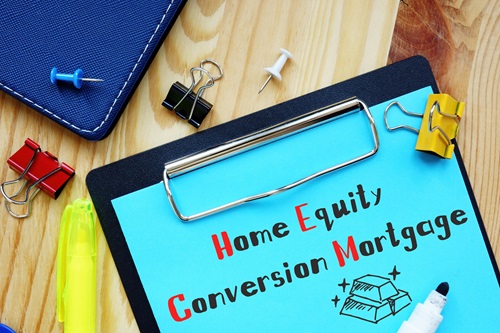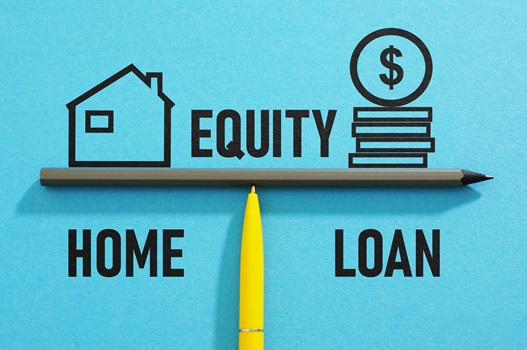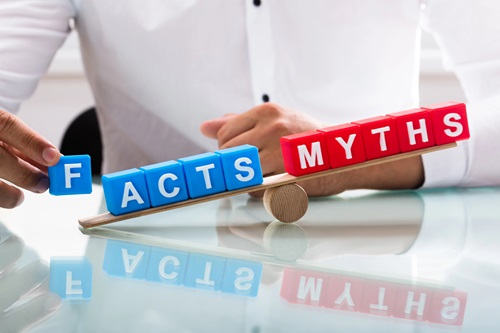
Seniors can use reverse mortgages—specifically the Home Equity Conversion Mortgage or HECM (the government-insured reverse mortgage program)—as a valuable financial tool, but many people misunderstand how they work. To clear things up, here are 10 common myths and the facts that explain them
- Myth 1: The lender takes ownership of your home.
- Myth 2: You can be forced out of your home if you have a reverse mortgage.
- Myth 3: Your heirs will inherit the debt.
- Myth 4: You can’t sell your home or leave it to your heirs.
- Myth 5: Reverse mortgages are only for those in financial distress.
- Myth 6: Both spouses must be 62+ to qualify.
- Myth 7: Reverse mortgage is a government benefit.
- Myth 8: You can’t use the reverse mortgage proceeds for anything.
- Myth 9: Reverse mortgage is expensive.
- Myth 10: Reverse mortgages will not negatively affect your Social Security or Medicare.
Myth 1: The lender takes ownership of your home.
Fact: You retain ownership and the title to your home. Instead, the lender places a lien on the property, similar to a traditional mortgage, to secure the loan.
Myth 2: You can be forced out of your home if you have a reverse mortgage.
Myth 3: Your heirs will inherit the debt.
Fact: HECMs are non-recourse loans, which means neither you or your heirs are responsible for repaying more than the home’s value when the loan becomes due. Therefore, your family don’t have to deal with any shorfall.
Myth 4: You can’t sell your home or leave it to your heirs.
Fact: You can sell your home at any time. Furthermore, your heirs can also inherit the home, but they would need to either repay the loan balance or sell the property.
Myth 5: Reverse mortgages are only for those in financial distress.
 Reverse mortgage in Charleston SC
Reverse mortgage in Charleston SCFact: Reverse mortgages can be a strategic financial tool for seniors to supplement retirement income, pay off debts, or even purchase a new home. Consequently, many homeowners in Charleston SC use them.
Myth 6: Both spouses must be 62+ to qualify.
Fact: Only one spouse needs to be 62 or older to qualify, though both spouses’ ages can impact the loan amount and terms. As a result, younger spouses may still benefit.
Myth 7: Reverse mortgage is a government benefit.
Fact: The Federal Housing Administration (FHA) insures HECMs in Charleston SC but they’re loans from private lenders, not government benefits. Thus, they function more like traditional loans with added protections.
Myth 8: You can’t use the reverse mortgage proceeds for anything.
Fact: You can use the loan proceeds for any purpose, including home repairs, healthcare expenses, or supplementing income. In fact, the funds are flexible and can adapt to your needs.
Myth 9: Reverse mortgage is expensive.
Myth 10: Reverse mortgages will not negatively affect your Social Security or Medicare.
Fact: Proceeds from a reverse mortgage are not considered income and will not affect your Social Security or Medicare benefits. Therefore, your benefits remain intact.
Important Note: While HECMs can be beneficial, they are complex financial products. For this reason, it’s essential to understand the terms and conditions and consult with someone knowledgeable to determine if a reverse mortgage is the right choice for you. You may want to start with a Certified Reverse Mortgage Professional, CRMP.
Call South Carolina Reverse Mortgage Services to know whether a reverse mortgage is the best option for you.
David Stacy, CRMP
(843) 491-1436


 Reverse mortgage in Charleston SC
Reverse mortgage in Charleston SC